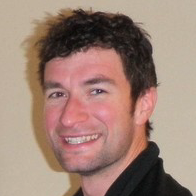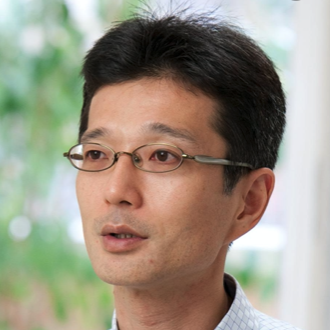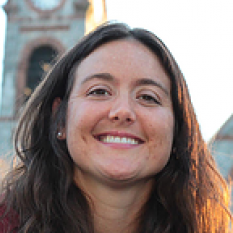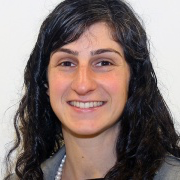CBI faculty come from a wide swath of departments across the University, leading to a diversity of research interests across the Chemistry-Biology interface. Students interested in the CBI program should apply to one of the participating graduate programs.
- Molecular & Cellular Biology
- Chemistry
- Chemical Engineering
- Microbiology
- Polymer Science & Engineering

Jianhan Chen, Chemistry / Biochemistry & Molecular Biology
Computational Biophysics and Biomaterials

Min Chen, Chemistry
Engineering protein pores for biosensing

Peter Chien, Biochemistry & Molecular Biology
Regulated protein degradation in bacteria

Michelle Farkas, Chemistry
Development and Application of Chemical Biology Methods for the Study of Cancer Progression and Metastasis

Patrick Flaherty, Mathematics & Statistics
Large-scale genomic data, hierarchical Bayesian models, variational inference, robust experiment design

Scott Garman, Biochemistry & Molecular Biology
Structural biology of glycoproteins in human disease

Lila M. Gierasch, Biochemistry & Molecular Biology / Chemistry
Biophysical approaches to protein folding and localization

Jeanne Hardy, Chemistry
Design of allosteric switches in apoptosis proteins; use of x-ray crystallography

Daniel N. Hebert, Biochemistry & Molecular Biology
Protein folding and maturation in the cell

D. Joseph Jerry, Veterinary & Animal Sciences
Regulation of p53 function

Igor A. Kaltashov, Chemistry
Biopolymer structure and function by mass spectrometry

Michael J. Knapp, Chemistry
Enzymology of metallo-oxygenases, bioinorganic chemistry

Craig Martin, Chemistry
Protein-nucleic acid interactions; RNA polymerase enzymology

Yasu Morita, Microbiology
Glycolipid biosynthesis and functional compartmentalization of the plasma membrane in Mycobacterium

Mandy Muller, Microbiology
Viral control of mRNA stability during infection and the host response to viral takeover

Murugappan Muthukumar, Polymer Science & Engineering
Assembly and dynamics of macromolecular complexes

Sarah Perry, Chemical Engineering
Molecular engineering, self-assembly, and microfluidic technologies to generate biologically relevant microenvironments for the study and application of biomacromolecules

Shelly Peyton, Chemical Engineering
Engineered microenvironment control of cell motility

Jennifer Rauch, Biochemistry & Molecular Biology
Tau spread and aggregation in neurodegenerative diseases

Vincent M. Rotello, Chemistry
Biomedical applications of nanoparticles and polymers

Maria M. Santore, Polymer Science & Engineering
Proteins and membranes in biomaterials; biomimetics; bioadhesion

Jessica Schiffman, Chemical Engineering
Biopolymer nanostructures and hydrogels; antibacterial surface coatings

Sloan Siegrist, Microbiology
Engineering the cell surfaces of bacterial pathogens

Meg Stratton, Biochemistry & Molecular Biology
Understanding the molecular components of long term memory formation

Eric Strieter, Chemistry
Ubiquitin control of biochemical pathways to maintain normal cellular function

Gregory N. Tew, Polymer Science & Engineering
Bio-inspired macromolecules and materials

S. Thayumanavan, Chemistry
Biomimetic macromolecules

Lynmarie K. Thompson, Chemistry
Membrane receptors and transporters; solid-state NMR

Richard W. Vachet, Chemistry
Biological mass spectrometry; nanoparticles in biology

Mingxu You, Chemistry
DNA/RNA nanotechnology; bioimaging and biosensing